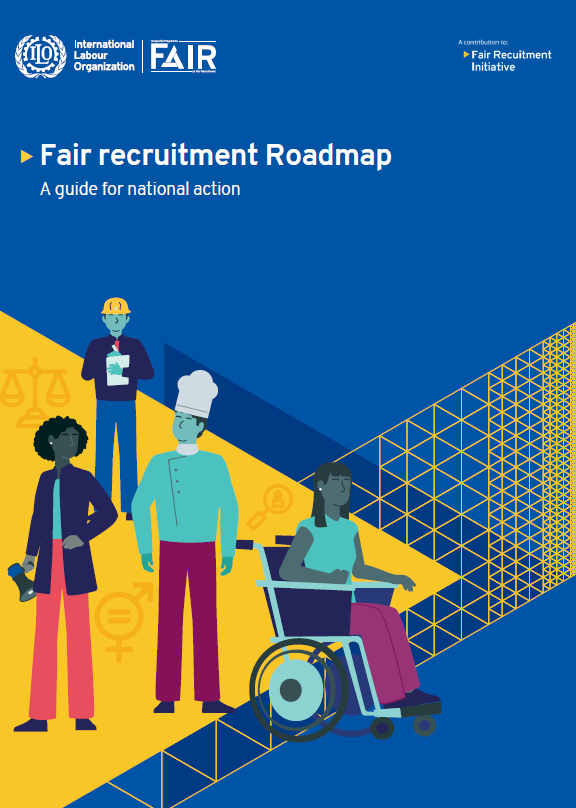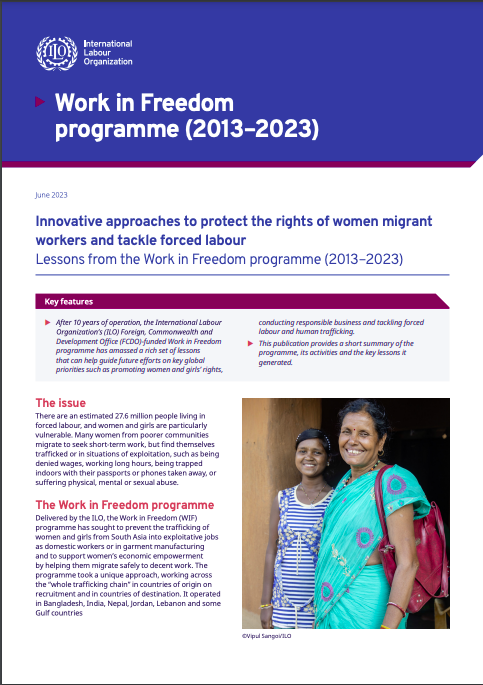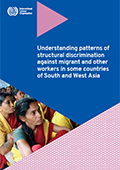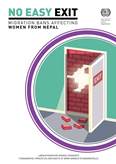10 Year Anniversary of the Forced Labour Protocol
Posted at June 11th 2024 12:00 AM | Updated as of June 11th 2024 12:00 AM
Region/Country :
|Themes : , , , ,
Assessing Union Capacity to Empower Migrant Workers' Rights
Posted at June 18th 2024 12:00 AM | Updated as of June 18th 2024 12:00 AM
Region/Country : ,
|Themes : , , ,
Le recrutement équitable est au cœur de la foire du livre en Tunisie
Posted at May 8th 2024 12:00 AM | Updated as of May 8th 2024 12:00 AM
Region/Country :
|Themes : , ,
Empowering Change: Ghana Adapts ILO Toolkit on Forced Labour and Fair Recruitment Reporting
Posted at March 20th 2024 12:00 AM | Updated as of March 20th 2024 12:00 AM
Region/Country : ,
|Themes : , , ,
Winners of 2023 ILO Global Media Competition on Labour Migration announced
Posted at December 15th 2023 12:00 AM | Updated as of December 15th 2023 12:00 AM
Region/Country :
|Themes : , , , , , , , ,
Inaugural FAIR III Project Advisory Board Meeting Sets Course for Fair Recruitment in Ghana
Posted at December 7th 2023 12:00 AM | Updated as of December 7th 2023 12:00 AM
Region/Country : , , ,
|Themes : , ,




